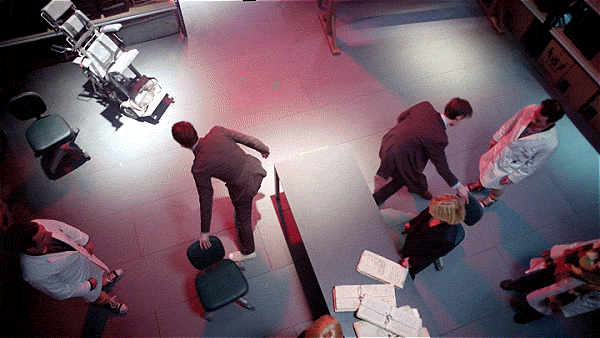Multiple people have agreed that I should resurrect my blog for a travel blog of sorts as we drive across the country. I'm willing to give it a shot, especially since Nadia has stolen my thunder as far as posting quotes on Facebook. (Fine, fine. It's because she has a smartphone and I can't stand the things.)
First of all the basic facts:
Who:
Me, my big brother Quincy, and my big sisters Nadia and Noelle.
What:
Driving to California. Obviously, by way of all those other things.
When:
Right now. Until the end of May (for Quincy and I, anyway.)
Where:
Allllll over the place.
Why:
Ah, that's the one you actually want to know. My generic answer is: because we can.
The actual answer is a little hazy. Sometime way back when (last year. Maybe the year before) the idea of going on a trip when I graduated college came up. Originally it was New Zealand - that'll still happen someday. But we decided California was slightly more feasible at the moment. So we started vaguely planning, then Quincy got on board and did a better job on planning. And really, at this point, Nadia and Quincy do all the planning, Noelle is here to make sure we CAN do it and to finally have a break from work, and I'm here for the adventure so yes. Thank you for planning. Makes my adventuring easier.
Long story short: I graduated. We're going to California.
Now to the trip so far:
- It was snowing when we left Sunday morning. I drove through a snowstorm. This is also why we're going to California.
- Noelle has finished two books so far, I think? Quincy finished one, but he's also doing a lot of the driving.
- Turns out that with a lot of effort I can at least write in the car. Reading might still be pushing it. This is why I drive. Or pretend to sleep.
- In addition to the awesome people we've left behind at home, we have now left some awesome people behind in Kansas City. But they were cool and let us sleep on their couch/recliner/floor like the hobos that we are.
- Colorado's very pretty. But I drove through another snowstorm.
- We've reached a state none of us have ever been to! And Utah's quite pretty too. Everything really does seem huge. O.o
Now this morning we're leaving for Anaheim. NOW we really are going to California!
That's really about it for the overview. I was going to do a section for quotes at the end here, but Nadia has posted alllllll of the best ones on her Facebook. If you don't have her as a friend... well go ahead and add her and I'll explain to her why she's got all these friend requests.
Her fault for having a smartphone. Makes you popular.
Final note: Thank you to all of you who suggested songs for the California playlist! I quite enjoyed it. I think my passengers enjoyed most of it too. And contrary to rumor, Party in the U.S.A. is definitely not on the playlist.
(Yeah, okay, it is.)








